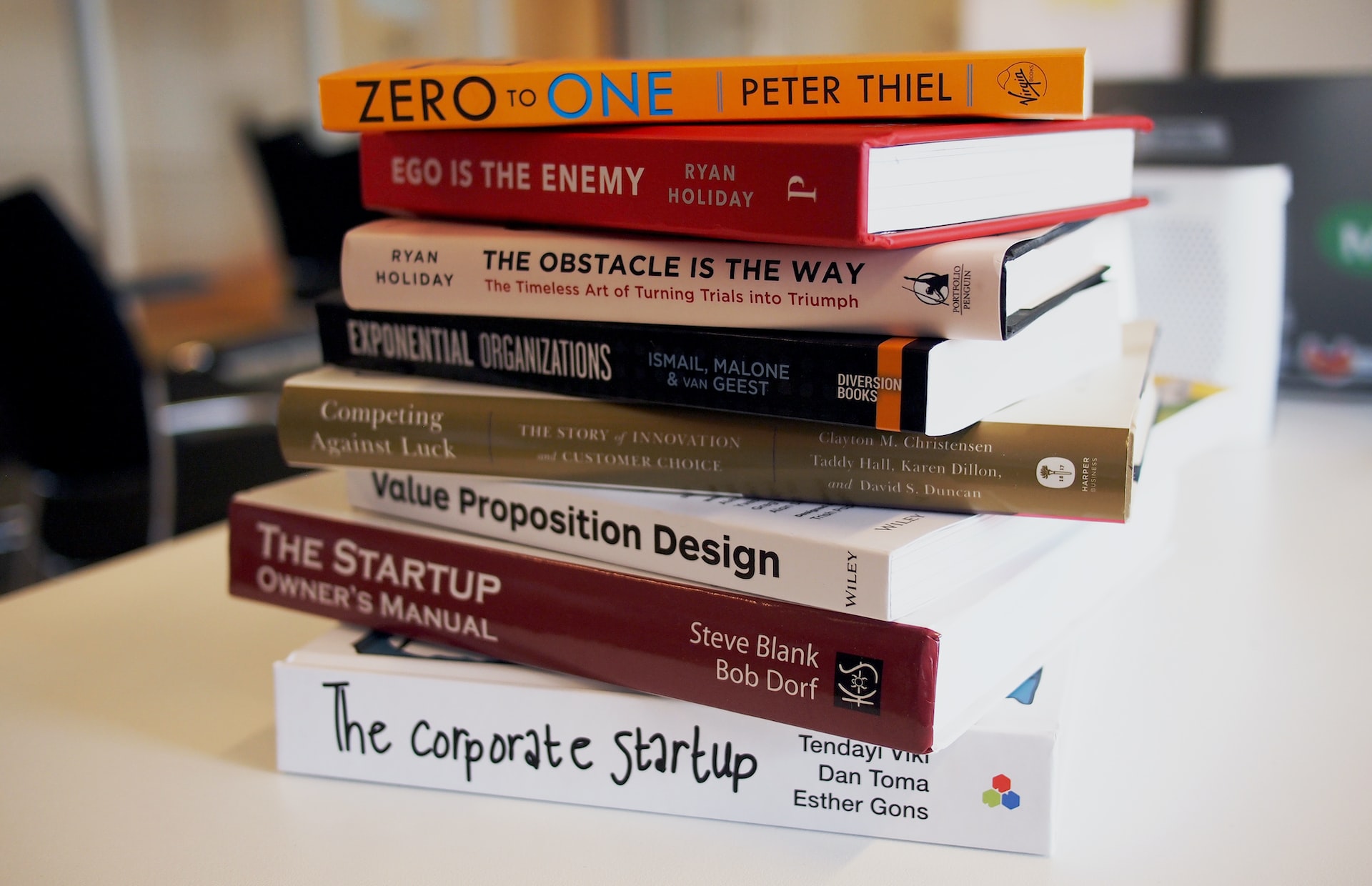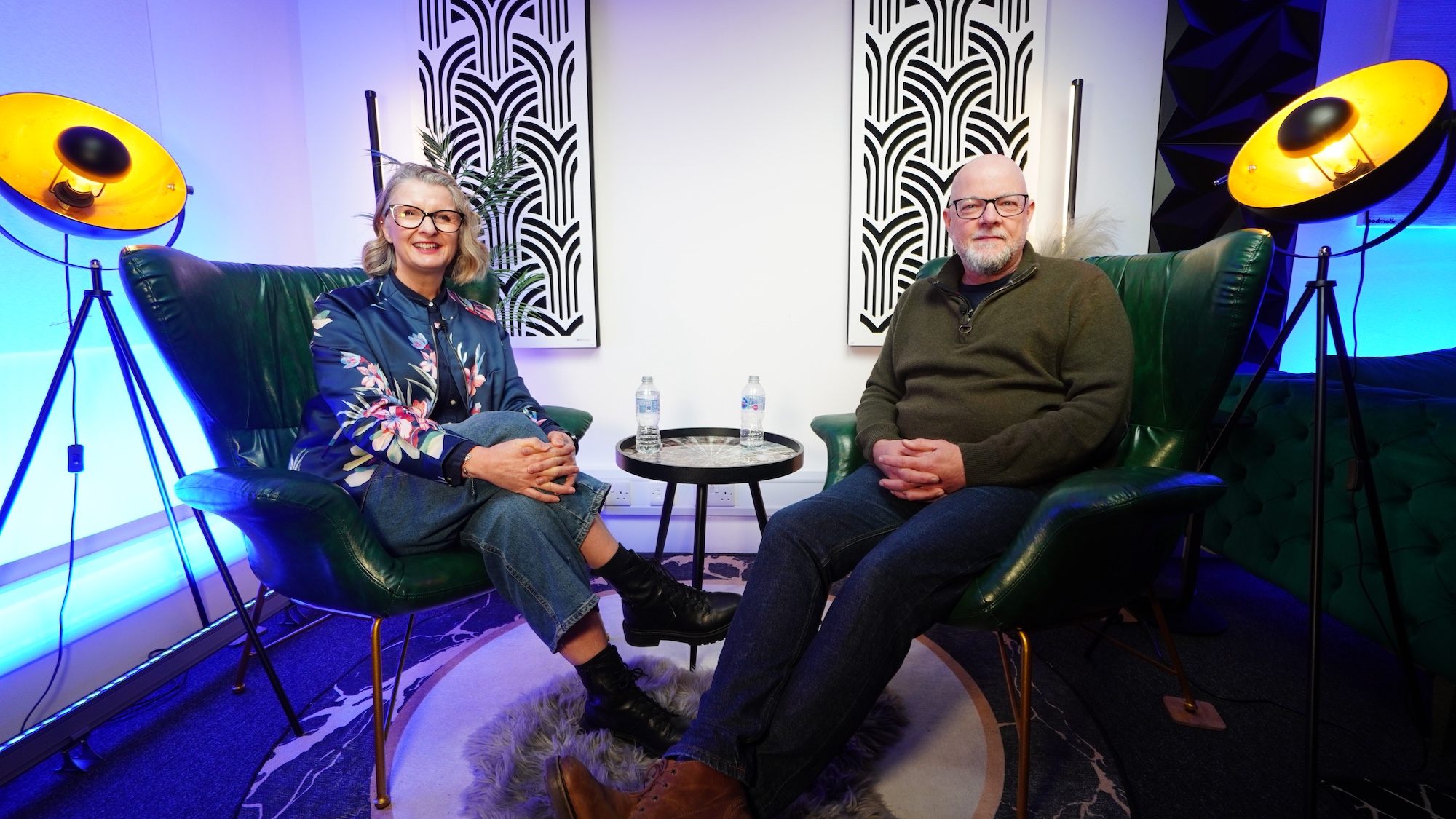
Are we Appreciated?
by Ed Reid
It’s a long time since I took my inspiration for the blog from Richard Branson: probably when I first started writing. But this week, there was a story about him in City AM – and it was bang on the money.
‘Britain doesn’t appreciate private enterprise’ was the headline (or half of it), with Branson quoted as telling LBC people ‘didn’t appreciate the benefits that private enterprise can bring.’
Is he right? Do people appreciate entrepreneurs? Do they even understand what’s involved in building a business?
A quick glance at the BBC business page suggests that the answer is ‘no they don’t.’ On Monday morning, the page had 17 main stories. The lead was Britishvolt’s sale to an Australian company. There were three other ‘headline’ stories: two about the public sector and one about lay-offs at Dell.
Of the 17 stories, only the one about Britishvolt’s collapse was genuinely about private enterprise in the UK. Five more were about the cost of living – although the BBC did feature the UK boss of Samsung saying he didn’t give his daughter a mobile until she was 11.
We may well have different views on whether James Kitto was right or wrong – and how upset his daughter was – but we can agree on one thing. That’s emphatically not a business story.
And talking of being upset…
Cast your mind back to September 2016. Five and a half years later, I’m still astonished by this story. International Trade Secretary Liam Fox launched an extraordinary attack on UK businesses, saying bosses would ‘rather play golf than do export deals.’ I commented on it at the time, and, as I say, it still rankles with me.
Well, I play golf. But I play golf when the work is done. When I’ve done everything in my power to improve the business: secure the future of our franchisees and their clients: and take care of the people who work for us.
I’d better stop there. It may be 5½ years, but I can feel a rant coming on…
The problem is Liam Fox is far from alone. People will say, ‘You run your own business? You’re lucky.’ Or, ‘You’ve got your own business? You must be rolling in it.’
Yes, we are lucky to be our bosses – to be in charge of our destiny. Yes, some members of TAB UK have done – and are doing – very well in their businesses. But along the way, every single person reading this blog has ticked these boxes:
- Lain awake at three in the morning worrying about the business
- Sat in the office long after everyone else has gone home – and long after our wife/husband/partner expected us home – wondering what the hell to do
- Felt physically sick because we’re going to have to let someone go
I could expand that list from three to ten, and we’d still tick all the boxes.
Building a successful business doesn’t just happen. It’s a very long road with a huge number of bumps along the way. But as Bill Gates said, ‘Everyone overestimates what they can achieve in a year. And underestimates what they can do in ten years.’
What about the next generation? Do the UK’s kids want to be entrepreneurs? It appears not. The latest list I could find online put doctors and nurses at the top of the ‘what I want to be when I grow up’ list, closely followed by social media influencers (on which I make no comment…)
Firefighters came next, followed by professional footballers, with – as you’d expect – 98% of the children adding ‘but only for Newcastle United.’
Entrepreneurs didn’t figure in the top 10 and – I suspect – in the next ten either.
Maybe we should look to Lithuania for inspiration…
Last year the World Economic Forum released its list of the best countries for entrepreneurs: which country – among 13 ‘framework conditions’ they measured – had the best social, economic and political systems that would allow entrepreneurs to flourish?
Top of the list was the United Arab Emirates, which I doubt many people would have guessed. Then came the more-predictable Netherlands and Finland, with the US in 11th place and the UK languishing at 18th.
Fifth on the list was Lithuania – one of three Baltic states, with a population of just 2.8m – but a country that has recognised the importance of entrepreneurship and made a conscious decision to foster an entrepreneurial culture.
How has such a small country done that? First and foremost, it’s a culture based on new industries. As the article, I’ve linked says, ‘illegal file sharing platforms and self-made LANs became the first playgrounds for many early hackers.’ But those hackers have graduated to running their start-ups, with schools and universities ‘preparing people with good maths and science backgrounds.’
As Arctic Startup reports, ‘the backbone of Lithuania’s start-up scene is technical talent and a willingness to experiment.’
Isn’t that what all of us in TAB UK are about – a willingness to experiment? A willingness to take risks and accept that sometimes we will be in the office long after everyone else has gone home? That there will be some nights when we’re lying awake worrying?
But we know that the buck stops with us – and we wouldn’t have it any other way. Even if we’re not appreciated – or understood by Mr Fox…
Related articles

Kindness in Leadership: The Competitive Advantage Most Businesses Miss
Discover why kindness in leadership drives performance, trust and culture. TABcast insights on psychological safety, coaching and values-led growth.

How Strategic Alignment Workshops Drive Real Execution
Many strategy workshops create alignment in the room — but little action after. Learn how structured strategic alignment drives execution.

Why Accountability Breaks Down as Businesses Grow (And How to Fix It)
As businesses grow, accountability often slips. Learn why it happens and how leaders restore clarity, ownership, and execution.


